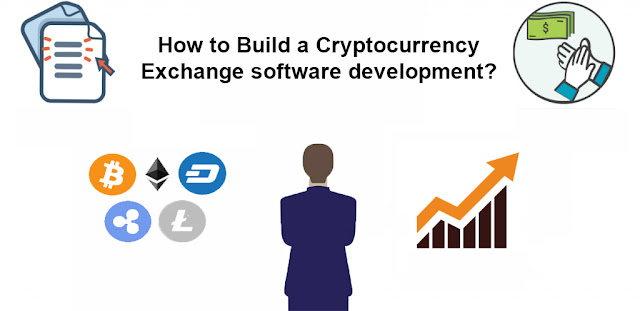Why Choose Polygon Blockchain for Token Development?
Token development is the process of creating new cryptos in the form of digital tokens on the blockchain. Tokens represent digital value or assets and let users do secure and efficient blockchain transactions. Cryptocurrency token development is a detailed process that includes requirement analysis, defining token parameters, token design and development, smart contract development, token launch and depoyment, exchange listing, promotion, and marketing, among other activities. Today, there’s token development across multiple blockchains, like Ethereum, BSC, Tron, Solana, and Polygon, among others.
So, what is the polygon blockchain? Why is it a favourite for token development on the blockchain?
Let's get all the best answers in the details below. Read on to learn more and stay updated.
What is the polygon blockchain?
Polygon blockchain (formerly the MATIC network) is one of the leading blockchain platforms.
Matic is the native Polygon blockchain crypto used for various purposes, like paying transaction fees on Polygon. The native crypto can also be adapted for staking and governance purposes.
Reasons to opt for the Polygon blockchain for your token development.
There are many reasons for the high interest in the Polygon blockchain for token development.
- Low transaction costs. Comparatively, the Polygon blockchain offers far lower transaction costs and fees compared to other major blockchain platforms like Ethereum. It is doubly beneficial for users, traders, and developers on several counts. Polygon blockchain is committed to giving users affordable and fast blockchain transactions on Ethereum using Layer 2 sidechains.
- High scalability and interoperability. The Polygon Blockchain offers more adaptability and scalability, especially with Ethereum security, liquidity, and interoperability. Polygon blockchain (formerly MATIC Network) is a highly scalable chain that provides infrastructure to create other blockchain networks with the ability to interface with each other.
- Faster transaction confirmation times. On the Polygon blockchain, it is fairly faster to conclude a transaction than on Ethereum. Users and traders benefit from these extremely fast confirmation times.
- High Ethereum compatibility. The Polygon blockchain integrates seamlessly and flawlessly with the Ethereum blockchain. More so, Polygon tokens are also compatible on the Ethereum chain. This means the mutual interoperability and tradeability of both tokens.
- Better proof-of-stake consensus mechanism. The Polygon Blockchain employs a highly reliable, secure, and energy-efficient consensus mechanism. The Proof of Stake mechanism is a unique way that decides which users validate new blocks of transactions and earn a reward for doing so correctly.
- Mutual adaptability of Polygon Matic cryptocurrency. The native Polygon cryptocurrency, MATIC, is based on Ethereum's ERC-20 standard, which adds to its mutual chain compatibility and interoperability.
- Polygon MATIC is used to resolve the issues. The Polygon Blockchain has several members, like block creators, developers, clients, and stakeholders. Clients on the chain use the MATIC Sidechain to execute and cooperate with other Ethereum-based dapps.
In conclusion
As can be seen from above, the Polygon blockchain offers several unique benefits not only for users but also for developers. The integration of many cutting-edge technologies into the chain is changing several narratives about decentralized finance with its quicker transactions, low fees, and robust scalability. Coin Developer India is a top Polygon token development company offering experienced and skilled token development services across multiple blockchain platforms.
Call/Whatsapp: +91 7014607737 | Email : info@coindeveloperindia.com




Comments
Post a Comment